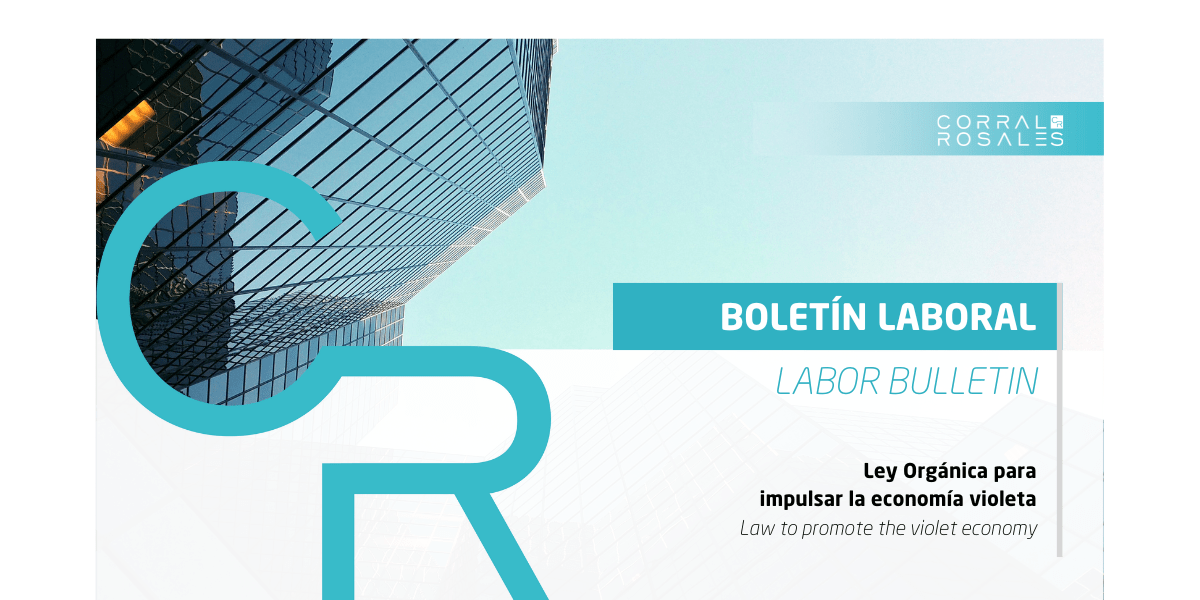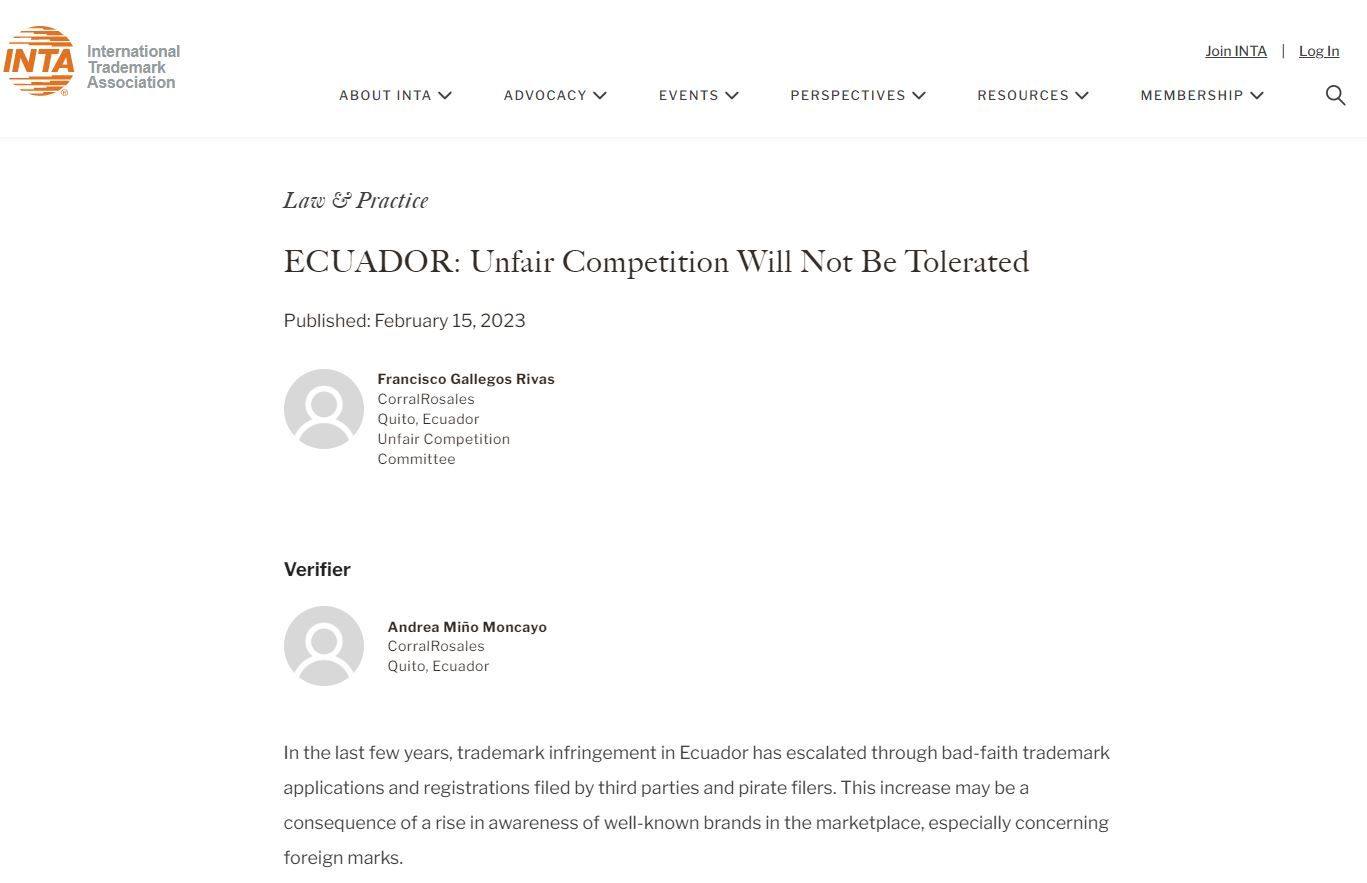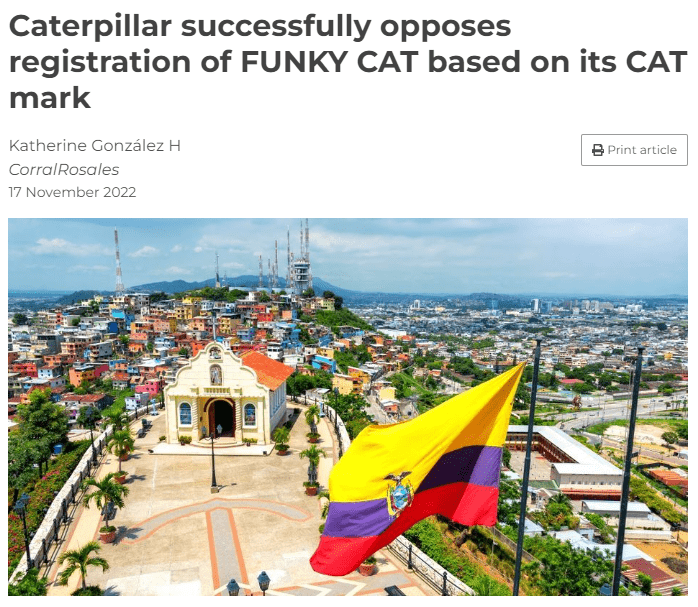DETAILS
DATE: 01-03-2023
PROFESSIONALS INVOLVED IN THE ARTICLE:
MEDIA:
Our associates Rafael Serrano, Pablo Dent, and Christian Razza, are clear that 2023 will be a year of great importance for privacy and data protection in Ecuador, considering that a year and a half has already passed since the enactment of the Personal Data Protection Law, which they make known through the IAPP publication on the “Global Legislative Predictions for 2023“.
The presidency, as they indicate, is working on the regulation of the Data Protection Law, which is expected to be published shortly. “This regulation will include specific topics such as the headquarters of the Data Protection superintendence, the personal data protection delegate and its functions, the auxiliary control system, the control mechanisms, and the procedures for the exercise of the rights recognized in the Law.” In addition, it also foresees the creation of the Personal Data Protection Authority of Ecuador.
“The presidency will send to the Council of Citizen Participation (the body in charge of appointments) the shortlist of possible superintendents and once selected, the superintendent will be in charge of the organization and implementation of the superintendency. The delays in the creation of the superintendence have generated uncertainty regarding the application of the Law”, they add.
The penalty regime will not enter into force until May 26. Fines for minor infringements will range from 0.1% to 0.7% of turnover, and for serious infringements from 0.7% to 1% of the total turnover of the previous year. Corrective measures may also be imposed, such as the cessation of processing, the deletion of data, and the imposition of technical, legal, organizational, or administrative measures to ensure the correct processing of personal data.
The experts conclude that this year will be the first in which both the private and public sectors will have to apply a new regulatory system. “There is great uncertainty as to how the superintendency will act; doubts remain as to whether it will be an educating or sanctioning entity in its first months.”
















